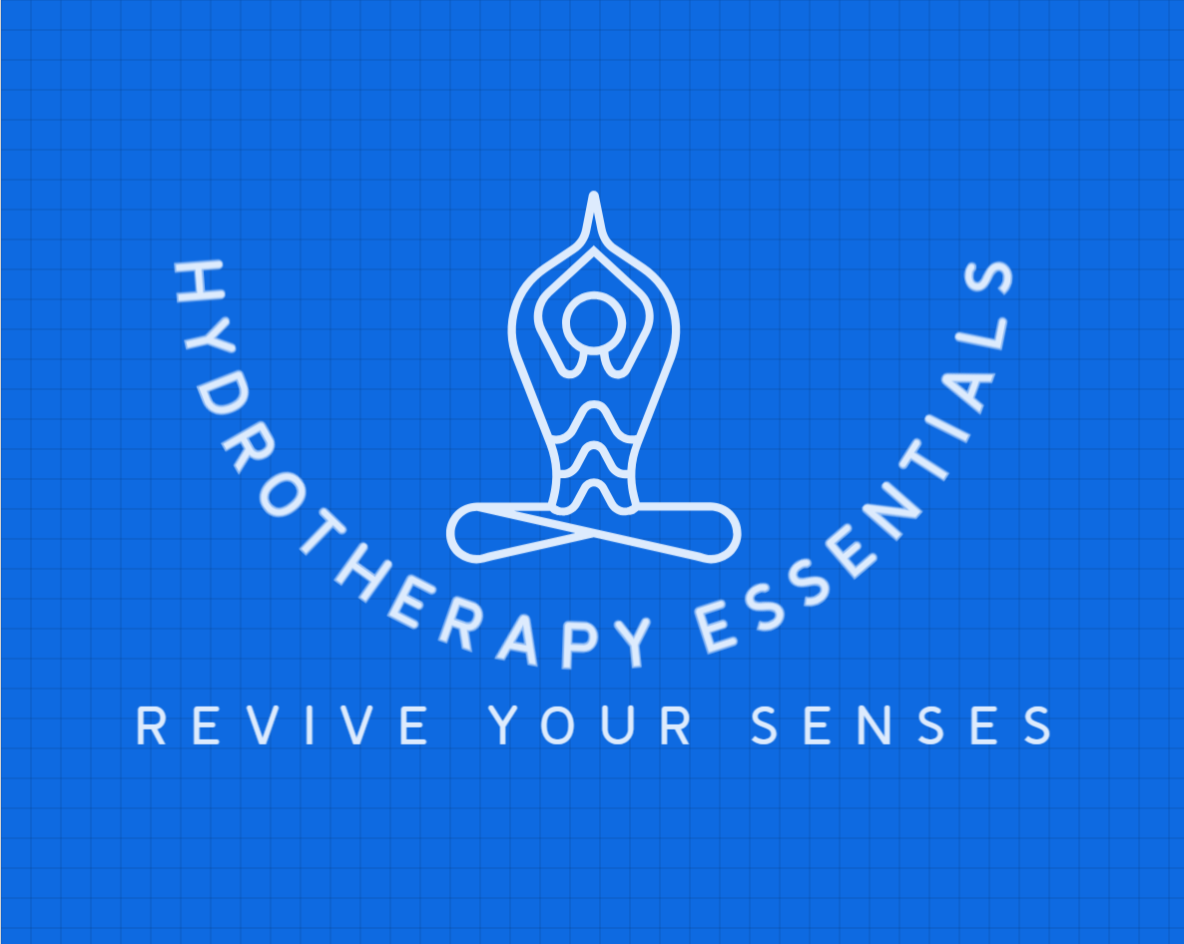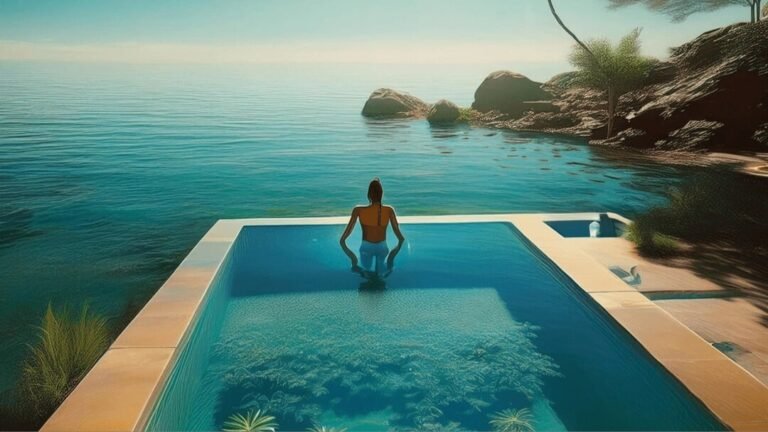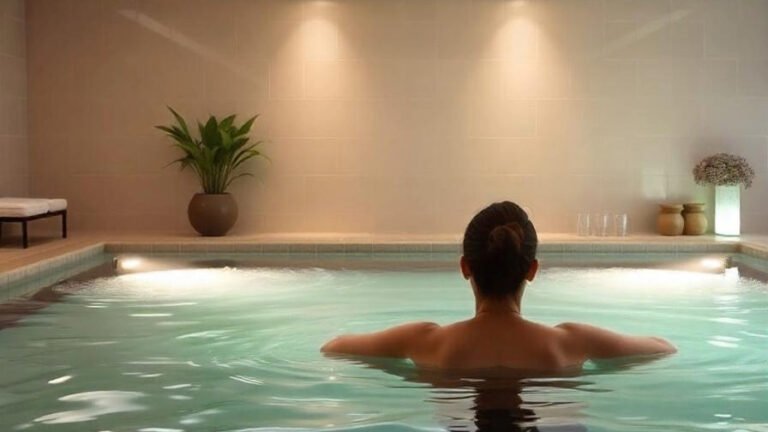Top 5 Hydrotherapy Pools You Can Install at Home
Are you interested in enhancing your wellness routine from the comfort of your home? Hydrotherapy pools provide an excellent opportunity to relax, rejuvenate, and improve overall health.
Let’s explore the top five hydrotherapy options:
- Swim spas
- Hot tubs
- Cold plunge pools
- Aquatic treadmills
- Resistance pools
It’s important to understand hydrotherapy, its numerous benefits, and the key factors to consider when selecting the right pool for your needs.
Discover how to seamlessly incorporate hydrotherapy into your daily routine while remaining mindful of any potential risks. Get ready to transform your space into a personal oasis!
1. Swim Spas
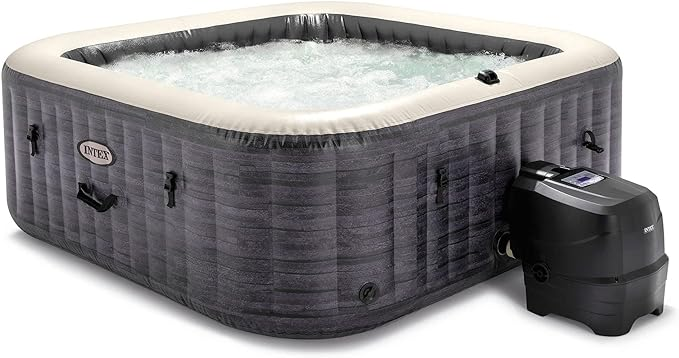
Swim spas combine the finest features of pools and hot tubs, offering homeowners a space that promotes both enjoyment and relaxation, as well as the therapeutic advantages of hydrotherapy. This makes them an excellent choice for wellness enthusiasts who want to elevate their backyard experience through innovative design and functionality.
These versatile installations create an optimal muscle recovery and pain management environment, helping users relieve tension after a long day. Additionally, energy efficiency stands out as a significant benefit, enabling families to enjoy regular use while keeping utility bills manageable.
Available in various sizes, swim spas can quickly adapt to any outdoor area, whether it’s a compact city patio or a spacious countryside yard. Their aesthetic appeal ensures they enhance different landscaping styles, contributing to the home’s overall charm. Moreover, they serve as an ideal family bonding setting, promoting playtime and relaxation throughout the year.
2. Hot Tubs
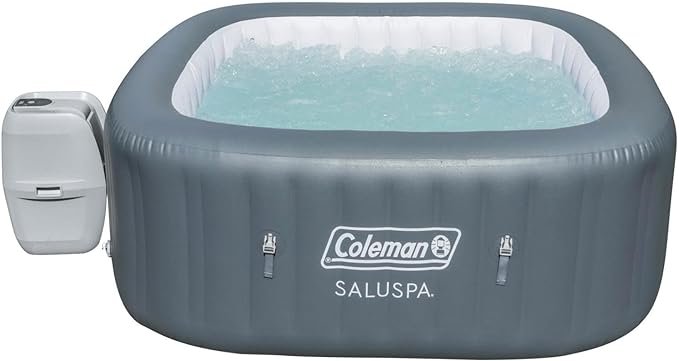
Hot tubs are widely appreciated for their remarkable ability to foster relaxation and relieve stress. The therapeutic jets offer targeted hydrotherapy benefits, assisting pain management and enhancing overall well-being.
Along with these effective jet systems that work to alleviate tension in sore muscles, many hot tubs also feature soothing aromatherapy options. This allows users to immerse themselves in calming scents, further reducing anxiety and boosting their mood.
Thanks to intuitive, user-friendly controls, adjusting the temperature and jet functions is simple, enabling users to customize their experience according to their preferences. Energy-efficient heaters add to the appeal, allowing for a guilt-free soak while keeping electricity costs reasonable.
This combination of features creates a tranquil oasis and encourages long-term physical and mental health benefits.
3. Cold Plunge Pools
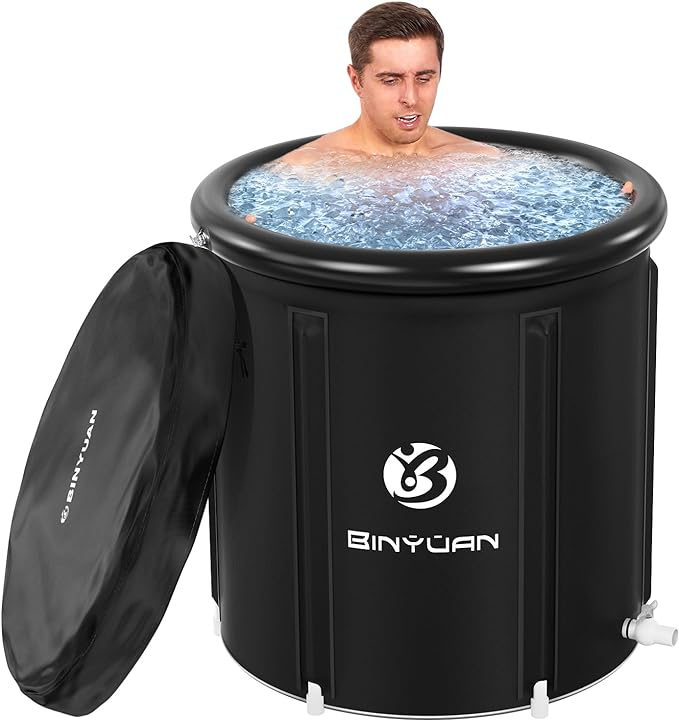
Cold plunge pools offer a distinct approach to recovery, providing therapeutic benefits that assist muscle recovery and stress relief. They have become essential for individuals committed to home wellness and physical therapy.
The science behind these chilly baths indicates that exposure to cold water effectively reduces muscle soreness and inflammation by constricting blood vessels, which helps limit swelling. As the body gradually warms back up, blood flow increases, flushing out toxins and delivering fresh nutrients to the muscles.
These pools are accessible to many users, from athletes to those seeking relief after a long day. Cold plunge pools can be seamlessly integrated into various home wellness routines. With many designs and sizes available, even individuals with limited space can incorporate this effective recovery method, ultimately enhancing their overall well-being.
4. Aquatic Treadmills
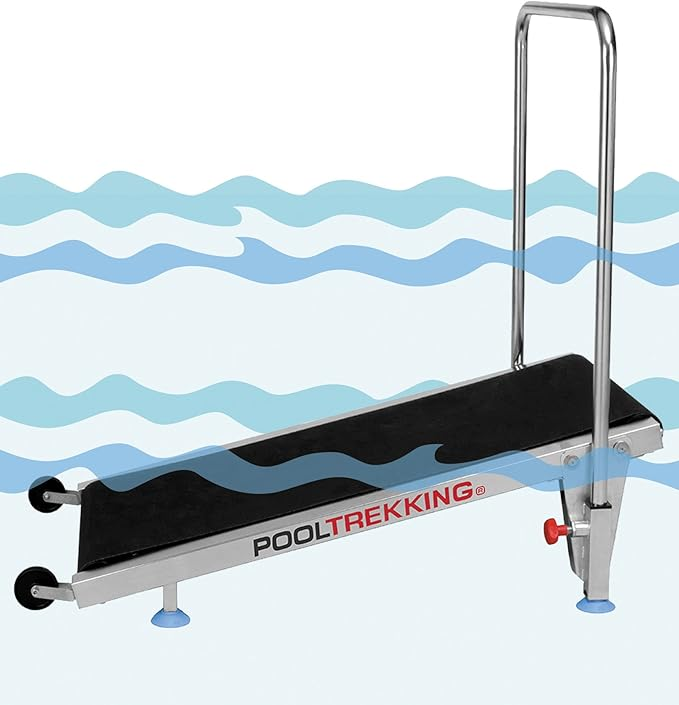
Aquatic treadmills represent a significant advancement in rehabilitation tools. They are specifically designed to enhance muscle recovery while offering the benefits of low-impact exercise in a hydrotherapy pool environment. This makes them an excellent choice for physical therapy patients and fitness enthusiasts.
These innovative machines enable individuals to partake in cardiovascular workouts without the joint strain often associated with traditional treadmills. The ergonomic design and adjustable water levels allow users to tailor their experience to meet specific rehabilitation needs or fitness objectives.
Moreover, the energy-efficient mechanisms and integrated water circulation systems maintain optimal water temperature, creating a refreshing workout environment. This combination of features promotes effective muscle rehabilitation, significantly minimizing the risk of further injury while fostering a calming atmosphere that supports recovery and enhances overall wellness.
5. Resistance Pools
Resistance pools represent an innovative addition to aquatic therapy. They feature adjustable current systems that create a versatile workout environment. These pools enhance fitness, facilitate muscle recovery, and support rehabilitation through targeted water therapy techniques.
By providing a controlled aquatic environment, individuals can customize their workouts to meet their specific needs, making resistance pools suitable for serious athletes and rehabilitation athletes. The resistance generated by the water enables users to engage in low-impact exercises, significantly reducing strain on the joints while promoting muscle strength.
Moreover, resistance pools are noteworthy for their energy efficiency, as they require less water circulation, making them an environmentally friendly option. Beyond structured therapeutic routines, these pools also accommodate leisure activities such as swimming and gentle water aerobics, ensuring a comprehensive approach to fitness and recovery.
What Is Hydrotherapy and How Does It Work?
Hydrotherapy, which involves using water for therapeutic purposes, includes various techniques to promote wellness, manage pain, and aid muscle recovery. This approach highlights water’s healing properties, making it an essential component of relaxation practices and overall health enhancement.
This therapeutic method encompasses several techniques, such as immersion in warm or cold water, whirlpool baths, and targeted treatments like compresses and wraps. Each method serves specific purposes; for instance, warm water immersion can enhance circulation and relax tense muscles, while cold water therapy effectively reduces inflammation and alleviates pain.
The therapeutic benefits of hydrotherapy are significant. It offers a viable solution for pain relief and facilitates muscle recovery after intense physical activity. Additionally, it can improve overall well-being by reducing stress and fostering a sense of calm, which is why many individuals consider it a holistic health option.
What Are the Benefits of Hydrotherapy?
The benefits of hydrotherapy are extensive, encompassing enhanced relaxation, stress relief, effective pain management, and muscle recovery. This practice proves valuable for mental health and overall wellness.
The gentle embrace of warm water often leads individuals to experience reduced anxiety levels, improved sleep quality, and a heightened sense of tranquility. Techniques such as aquatic exercises can aid in rehabilitation while promoting cardiovascular fitness, providing a low-impact alternative that minimizes joint strain.
Methods like contrast baths—alternating between hot and cold water—can stimulate circulation and encourage healing. Additionally, incorporating elements of nature, such as ambient sounds and soothing scents, further enriches the therapeutic experience, fostering a holistic approach to physical and mental well-being.
What Are the Different Types of Hydrotherapy Pools?
Hydrotherapy pools come in various forms, such as swim spas, hot tubs, cold plunge pools, and resistance pools. Each is specifically designed to offer unique therapeutic benefits and meet diverse needs and preferences.
For example, swim spas provide the perfect blend of exercise and relaxation, featuring adjustable currents for a rigorous aquatic workout and comfortable seating for unwinding afterward. On the other hand, hot tubs are well-known for their stress-relieving properties, offering warm, bubbling water that soothes sore muscles and enhances circulation.
In contrast, cold plunge pools are particularly effective for reducing inflammation and aiding recovery, as the chilly temperature invigorates the body. Meanwhile, resistance pools generate a strong swimming current, making them ideal for fitness enthusiasts who wish to improve their swimming techniques without changing locations.
For those with limited space, portable hydrotherapy systems extend these benefits, while custom installations allow for tailored designs that elevate the therapy experience, seamlessly combining functionality with aesthetic appeal.
What Factors Should Be Considered When Choosing a Hydrotherapy Pool?
When selecting a hydrotherapy pool, several essential factors include size options, the installation process, cost analysis, warranty options, and energy efficiency. Each of these elements contributes significantly to the safety features and accessibility for users.
One key consideration is the pool’s dimensions. It is essential that the pool comfortably accommodates the intended number of users while providing sufficient space for therapy exercises.
The complexity of the installation can vary, which in turn influences the overall timeline and budget. It’s important to note that cost analysis goes beyond the initial purchase price; long-term maintenance, such as upkeep of heating systems and filtration, plays a significant role in ongoing expenses.
Additionally, safety features such as anti-slip surfaces and easily accessible entry points should not be overlooked. These elements can enhance the user experience by providing peace of mind during hydrotherapy sessions.
In summary, considering these factors helps create a user-friendly environment tailored to individual needs.
How Can One Incorporate Hydrotherapy into Their Daily Routine?
Incorporating hydrotherapy into one’s daily routine can truly be a transformative experience. It allows individuals to harness its therapeutic benefits through simple relaxation techniques such as water therapy and mindful soaking.
By dedicating just a few minutes each day to enjoying warm baths infused with soothing essential oils or spending time in a calming foot soak, one can significantly enhance their overall sense of well-being. Creating a tranquil environment with soft lighting and ambient sounds can further amplify these calming effects. Consistency is essential; aiming for regular sessions helps establish a lasting habit that promotes relaxation and mental clarity.
Additionally, integrating gentle stretches or mindfulness practices while in the water can deepen the connection between body and mind, making hydrotherapy a valuable component of a holistic wellness journey.
What Are the Possible Risks and Side Effects of Hydrotherapy?
While hydrotherapy provides numerous benefits, it is essential to consider the potential risks and side effects. Prioritizing safety features and accessibility can help create a user-friendly experience.
Understanding the nuances of hydrotherapy is crucial for anyone interested in this therapeutic option. Without proper precautions, risks may include skin irritation, dehydration, or worsening of existing conditions.
Individuals with specific medical conditions, particularly those related to cardiovascular health, should consult a healthcare professional before participating in hydrotherapy sessions.
To minimize these risks, it is recommended that you begin with shorter sessions, stay well-hydrated, and use facilities equipped with safety features like non-slip surfaces and handrails.
Making informed choices can significantly enhance the overall experience and ensure a safe environment for everyone involved.
Frequently Asked Questions
What are the top 5 hydrotherapy pools that can be installed at home?
Hot tubs, swim spas, inflatable pools, plunge pools, and therapy pools are the top five hydrotherapy pools that can be installed at home.
What are the benefits of having a hydrotherapy pool at home?
A hydrotherapy pool at home can provide numerous benefits, such as relaxation, pain relief, improved circulation, and increased flexibility and mobility.
Are these hydrotherapy pools suitable for all ages?
Yes, these hydrotherapy pools are suitable for people of all ages. However, it is recommended to consult a doctor before using them for therapeutic purposes.
Can I customize these hydrotherapy pools to fit my specific needs?
Yes, most of these hydrotherapy pools can be customized to fit your specific needs, such as size, features, and temperature control.
Do I need to have a large backyard to install these hydrotherapy pools?
No, these hydrotherapy pools come in a variety of sizes and can also be installed in small backyard spaces.
Are these hydrotherapy pools expensive to install and maintain?
The installation and maintenance cost may vary depending on the type of hydrotherapy pool you choose. However, there are affordable options available, and the long-term benefits often outweigh the initial cost.
